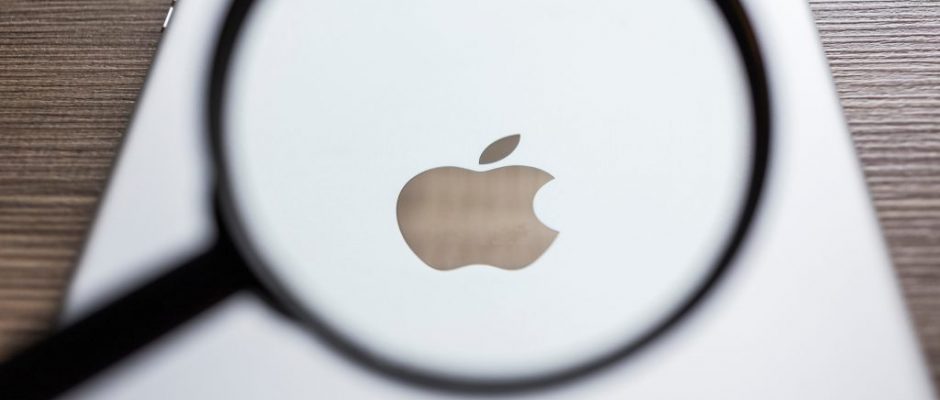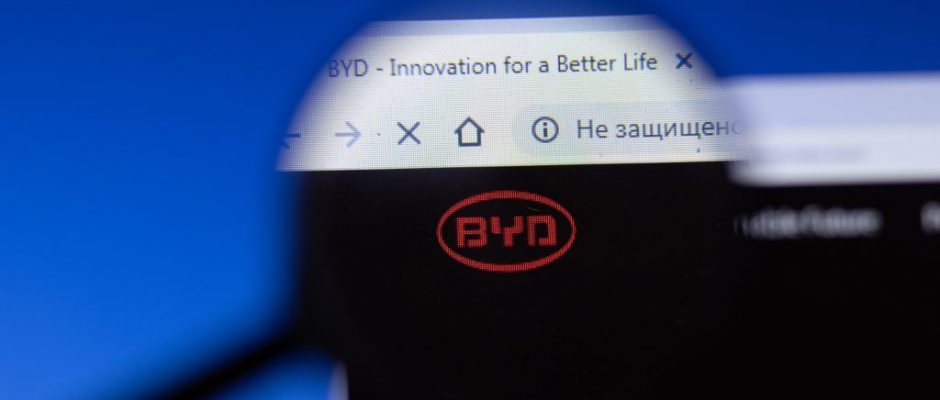Musk deems “Apple Intelligence” offering insecure
Bereft of fresh ideas or new products, Apple’s main offering at its long-awaited annual Worldwide Developer’s Conference in Cupertino, California, is a cobbled-together artificial intelligence (AI) offering.
While AI may be Silicon Valley’s latest buzzword and marketing tool, “Apple Intelligence,” as Apple AI is branded, is already attracting heavy criticism – even from other tech giants. By pairing Microsoft-backed OpenAI’s ChatGPT with Apple’s voice-activated assistant, Siri, Apple hopes to make AI mainstream. But its critics say that all Apple has done is create a cybersecurity nightmare for corporations while sounding a death knell for the personal privacy of Apple users.
“It’s patently absurd that Apple isn’t smart enough to make their own AI, yet is somehow capable of ensuring that OpenAI will protect your security & privacy!… Apple has no clue what’s actually going on once they hand your data over to OpenAI. They’re selling you down the river,” says Elon Musk, Tesla and SpaceX founder and the owner of X Corp, formerly Twitter.


